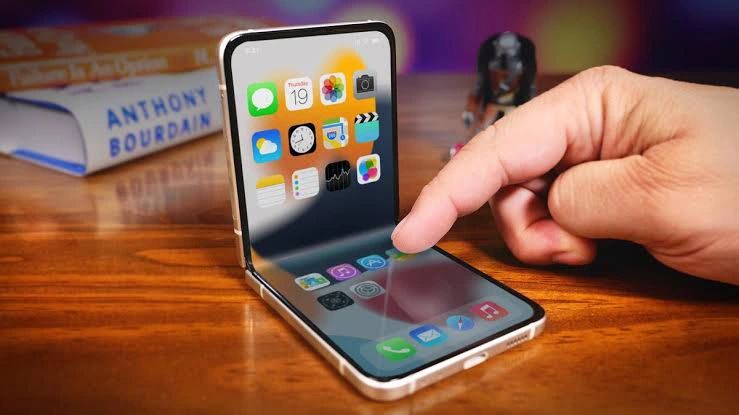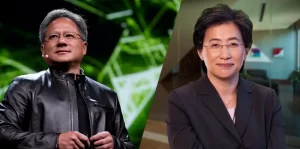Introduction:
In a recent year-end reshuffle, Samsung Display, a leading player in the display technology industry, has bolstered its teams dedicated to the development of future displays. The restructuring efforts involve reinforcing the A Business Team, responsible for catering to the demands from Cupertino, Apple’s headquarters. Notably, the focus has been on enhancing the Apple foldable phones capacity within this team, with a specific emphasis on the development of foldable products and panels.
The A Business Team’s Role and Apple’s Significance:
The A Business Team plays a crucial role in managing the demand from Apple, making it an integral part of Samsung Display’s operations. This team primarily deals with OLED panels, and Apple stands out as Samsung Display’s most significant customer for this particular technology. It’s worth noting that Samsung Display holds the exclusive position as the foldable OLED panel supplier to its parent company, Samsung Electronics.
Join TechoVedas Community here
Apple’s Foldable Ambitions:
Despite being a key player in the OLED market, Apple has not yet introduced its own foldable smartphones. The move by Samsung Display to strengthen the foldable capacity within the A Business Team raises questions about Apple’s potential venture into the foldable display arena. The sources suggest that Samsung Display is gearing up for potential future collaborations with Apple on foldable products, although the Cupertino-based tech giant’s foldable smartphone plans remain uncertain.
Also Read: Why Silicon Wafers Are Round and Chips are Square?
Reorganization within Samsung Display:
Apart from the focus on foldable technology, Samsung Display has undergone internal reorganization, particularly between its small display business and its IT team.The microdisplay team, responsible for technologies like XR (Extended Reality), has been placed under the direct supervision of the CEO, indicating a strategic move towards making microdisplays more commercially viable. Furthermore, this restructuring emphasizes Samsung Display’s commitment to advancing technologies like XR and exploring new applications for microdisplays.
Developments in Foldable 20-Inch Panels:
In an interesting development, both Samsung Display and its compatriot, LG Display, are actively involved in the development of foldable 20-inch panels targeted at Apple. While the details about the specific use cases for these large foldable panels are not yet clear, it signifies a collaborative effort by South Korean display giants to cater to the potential needs of one of the industry’s biggest players.
Conclusion:
Samsung Display’s year-end reshuffle reflects a strategic focus on future display technologies, particularly in the foldable display space. The strengthened foldable capacity within the A Business Team and the reorganization of the microdisplay team underscore Samsung Display’s commitment to innovation and addressing the evolving needs of its customers, including the possibility of collaboration with Apple foldable phones on foldable products. As the display technology landscape continues to evolve, these moves position Samsung Display as a key player in shaping the future of display technology.




